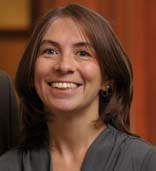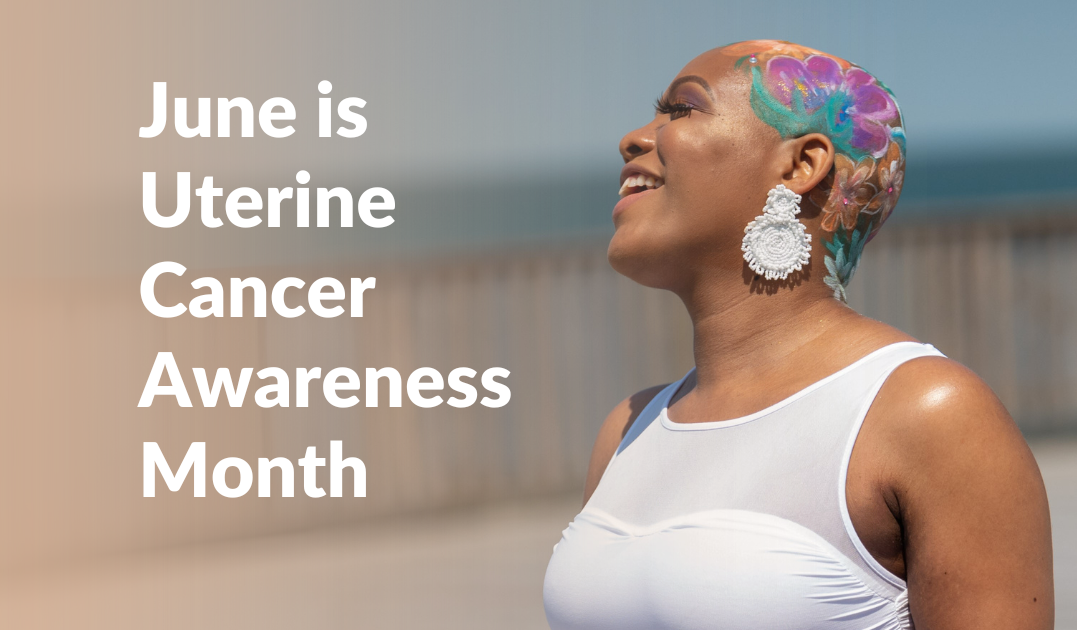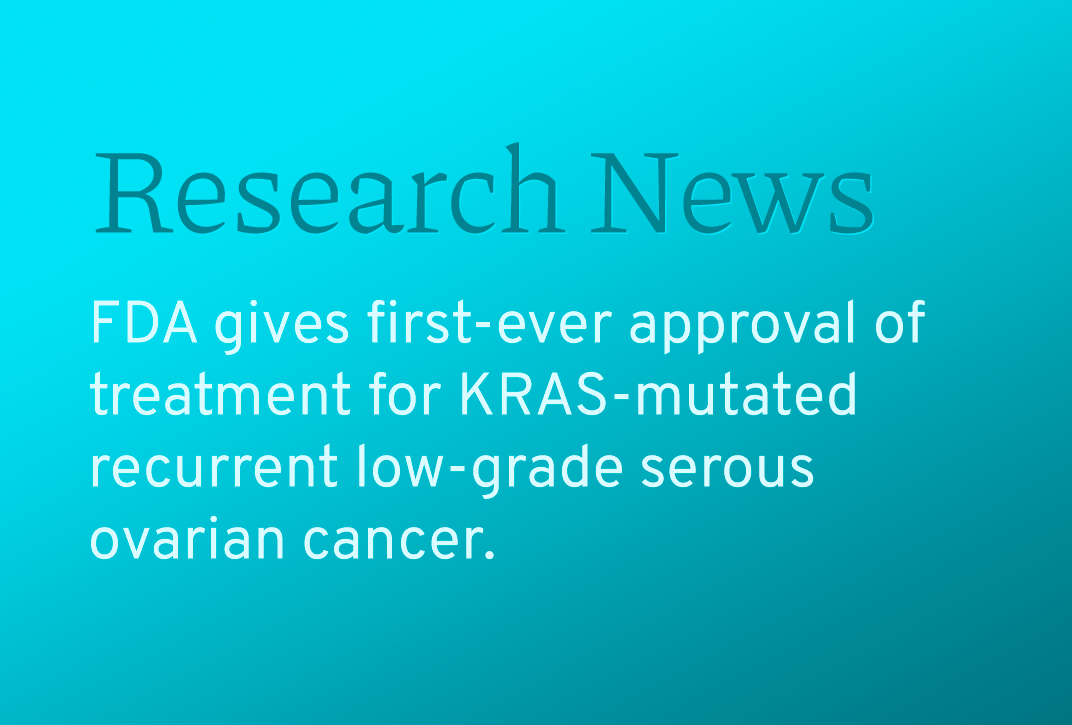
Dr. Karen Cowden Dahl is a 2012 Liz Tilberis Grant Recipient.
In this interview with OCRF’s Sarah DeFeo, Dr. Cowden Dahl discusses her research and what it means to receive a grant from OCRF.
Sarah DeFeo: How did you become interested in science, and in ovarian cancer?
Karen Cowden Dahl: I was exposed to science and medicine at an early age–my mother was a nurse and my father is a pharmacist–and I became interested in cancer research in college. What really got to me is that survival rates for ovarian cancer are so poor, and we know very little about the genetics of the disease (at least compared to other cancers like breast, colon, and prostate cancer). I wanted to contribute to the understanding of an understudied disease so that more lives can be saved! My mother died of cancer when I was seven years old, and I lost three of my grandparents to cancer too, so my work is also very personal.
SD: What is your OCRF research project about?
KCD: My lab studies a gene called ARID3B, which we don’t know a lot about, but we have shown that it is over-expressed in serous ovarian cancer. The goal of the research project is to understand how the two different forms of this gene contribute to ovarian cancer progression.
SD: What do you like best about your job?
KCD: So many things! I love teaching and working with students. I’m curious by nature, so I love thinking of new scientific questions and coming up with ways to solve problems in the lab. And of course I love it when I make an interesting discovery!
SD: How will the OCRF grant help you in your career?
KCD: Receiving the Liz Tilberis grant is an honor and a blessing. It is so difficult to receive funding–it is very daunting for new investigators. The grant will really jump start my career, helping me do high-quality work to generate both data and experience that I will need for future grants. It will also give my work visibility, which I hope will lead to future collaborations with other researchers.
SD: How do you spend your time when you’re not in the lab?
KCD: I am married with two young children, so they keep me very busy! My other passion in life (other than science) is writing, and I’m working on a book. When my mother was diagnosed with cancer in 1981 at age 30, she started to write a book about her experiences as a nurse, mother, and cancer patient. She died before she got to finish it, so I’m going to pick up where she left off–I’m going to tell the rest of her story, add a prologue, as well as some of my own thoughts about how cancer research has progressed since then. It’s an important way for me to honor her memory.


